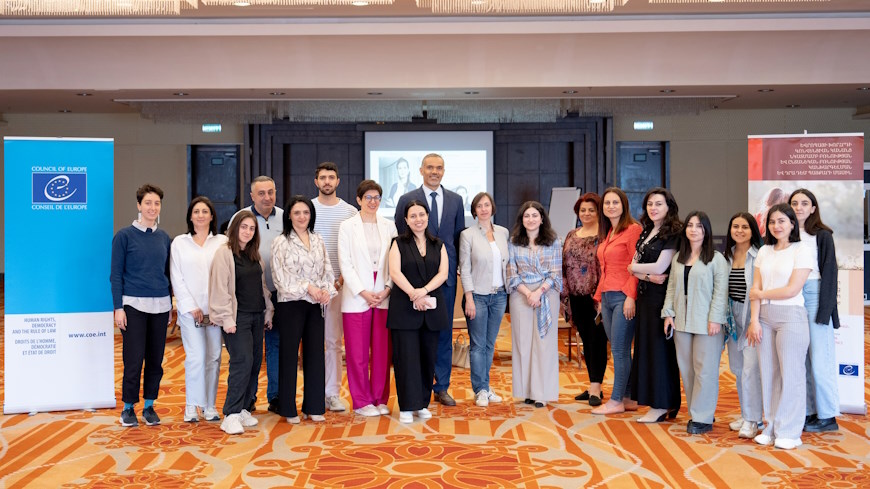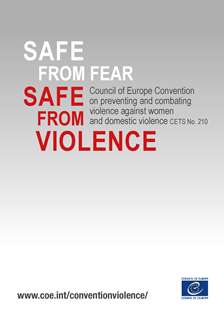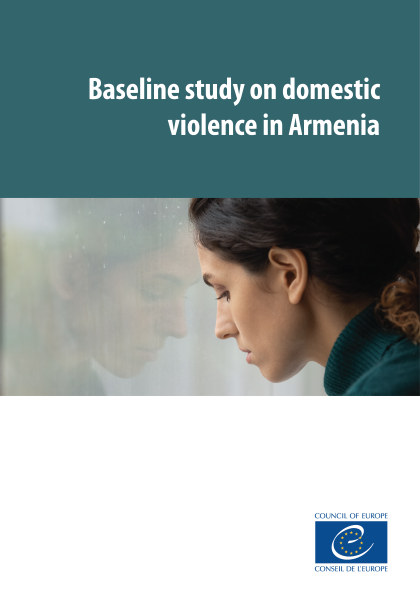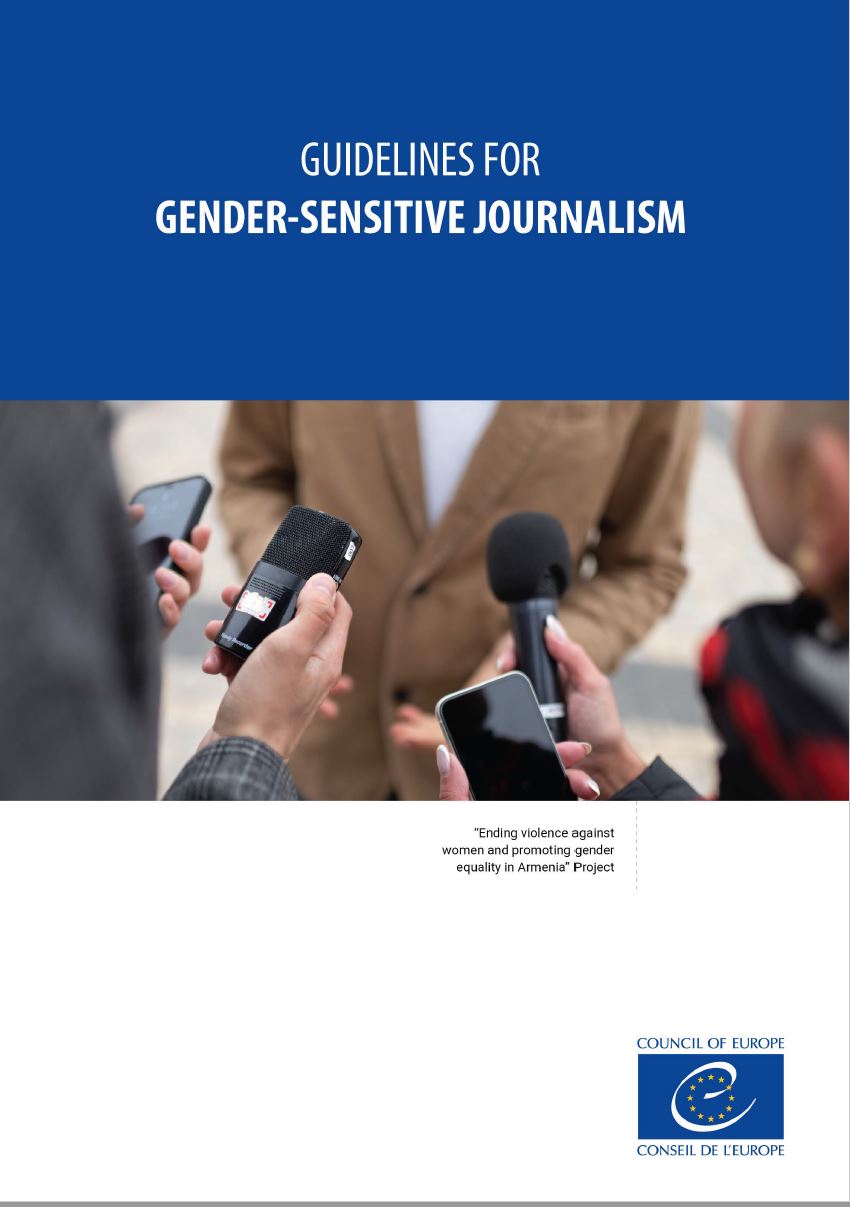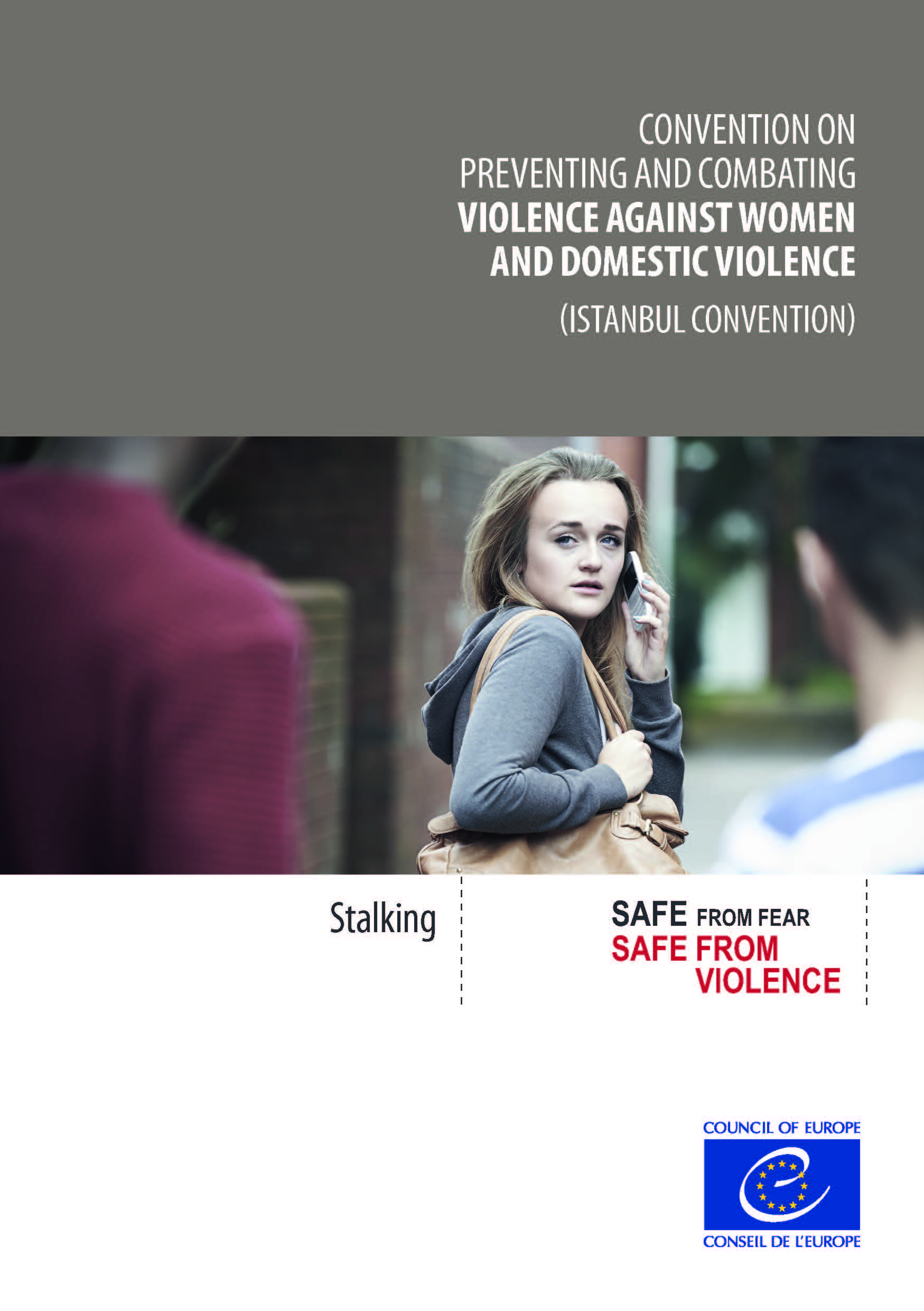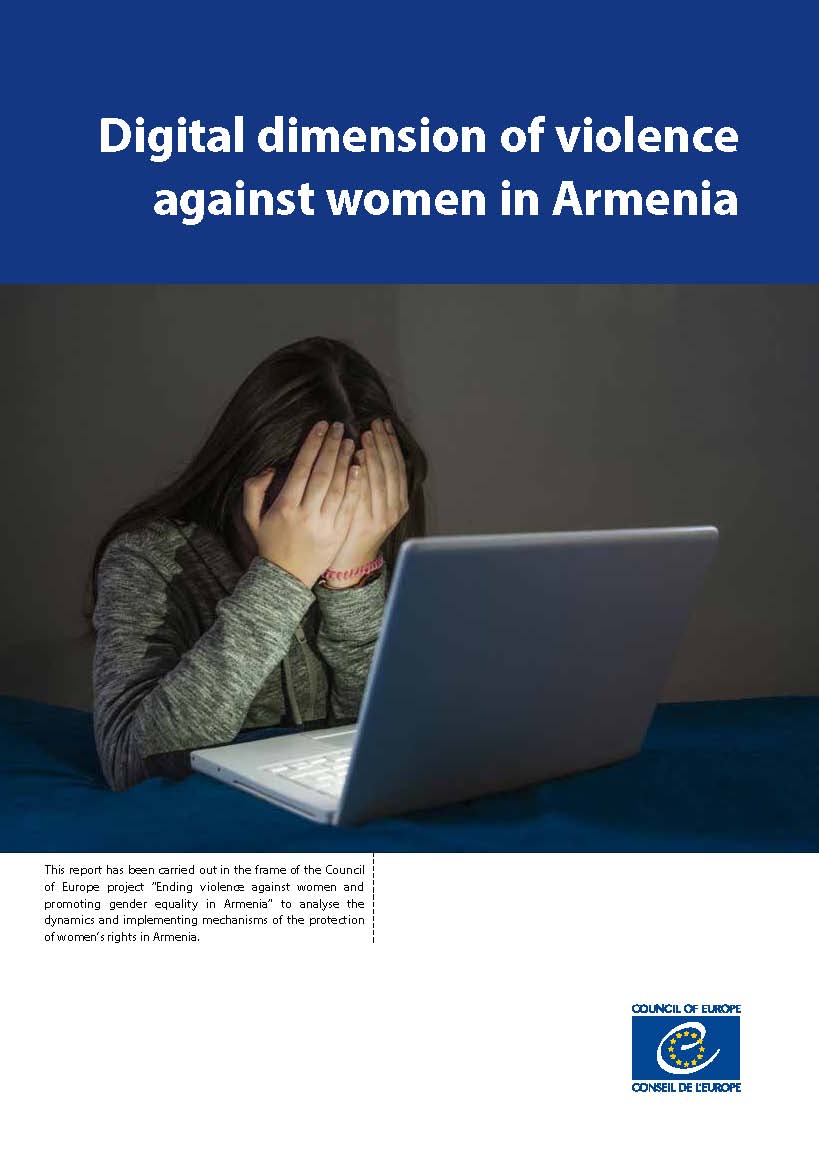Start date: 01 January 2023
Duration: 24 months
Donors: Donors contributing to the Council of Europe Action Plan for Armenia 2023–2026
Budget: 957,000 EUR
Partners: Ministry of Labour and Social Affairs of the Republic of Armenia, Ministry of Justice of the Republic of Armenia, Ministry of Education, Science, Culture and Sport of the Republic of Armenia, The Human Rights Defender's Office the Republic of Armenia, Ministry of Internal Affairs of the Republic of Armenia/RA Police, Investigation Committee of the Republic of Armenia
Contact person: Ms Liana Amirbekyan, Senior Project Officer
The Council of Europe project aims at strengthening the capacities and co-operation among stakeholders to prevent and combat violence against women and domestic violence, including digital violence, as enshrined in the Council of Europe Convention on preventing and combating violence against women and domestic violence (Istanbul Convention), and at advancing de facto gender equality and women’s empowerment.
The project builds on the lessons learned from the project “Preventing and combating violence against women and domestic violence in Armenia: continuing the path towards ratification of the Istanbul Convention” which ended in December 2022.
The project provides support in promoting gender equality and women’s empowerment (WE) and combating violence against women (VAW) and domestic violence (DV) by increasing knowledge, enhancing inter-agency co-operation line with European standards and best practices. The project's long-term impact expectation is that women in Armenia benefit from gender equality and protection against all forms of violence against women.
The project contributes to the Council of Europe’s Action Plan for Armenia for 2023–2024 so that:
- Armenia is better prepared for the ratification of the Istanbul Convention
- The Armenian legal and policy framework on preventing and combating domestic violence is in line with Council of Europe standards
- Women victims of gender-based violence and domestic violence, including the most disadvantaged, have better access to justice and support services
- Law enforcement officers, social workers, and other relevant professionals have a better understanding of European standards and gender-sensitive approaches related to the work with victims of domestic violence and gender-based violence
The project will act in three areas:
- In Area 1 (VAW/DV), the Council of Europe focuses on supporting authorities in their efforts to align their policy and institutional framework to the Istanbul Convention, providing evidence-based knowledge and promising practices. Special emphasis is put on promoting inter-agency cooperation. The project will initiate work on emerging forms of VAW following the adoption of the first GREVIO General Recommendation N.1 on the digital dimension of VAW.
In January 2024 the project incorporated a new component to assist Armenian authorities in enhancing strategies and policies addressing the needs of refugee women and girls, raising awareness, and supporting their integration and empowerment.
-
In Area 3 (Refugee rights) the project specifically focuses on supporting authorities in formulating policies and practices for the rights of refugee women and girls. This support is guided by relevant European standards, recommendations and strategies. Furthermore, the project aims to promote gender-sensitive economic and social inclusion and integration of women and girls in local communities, establish a platform for civil society's advocacy about the rights of refugee women and girls, as well as expand media specialists’ skills in reporting on women refugees and victims of war.
The project is implemented by the Capacity Building and Co-operation Projects Unit at the Council of Europe's Gender Equality Division together with the Council of Europe Office in Yerevan.



